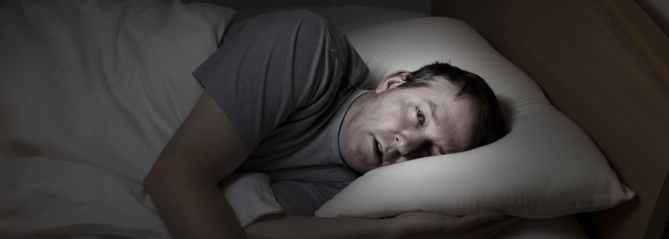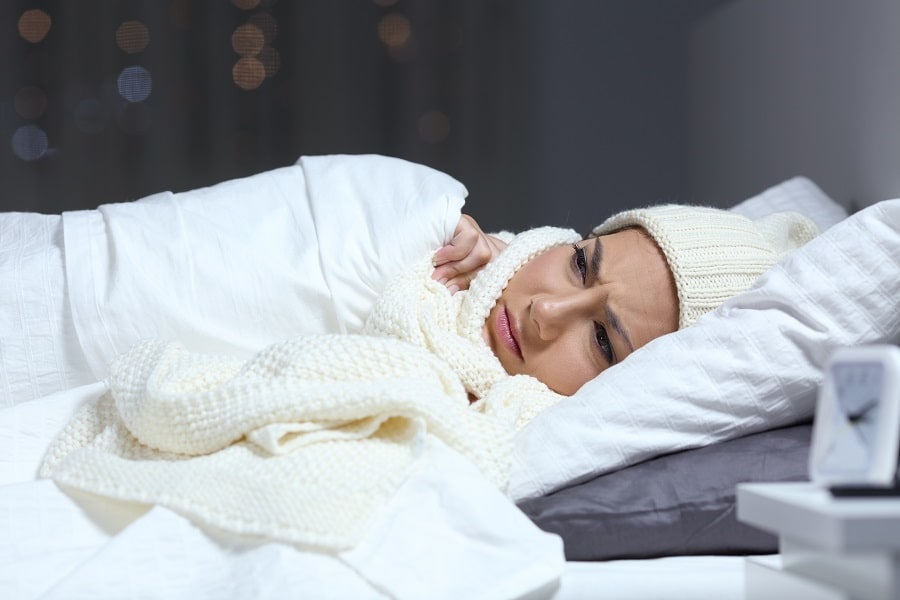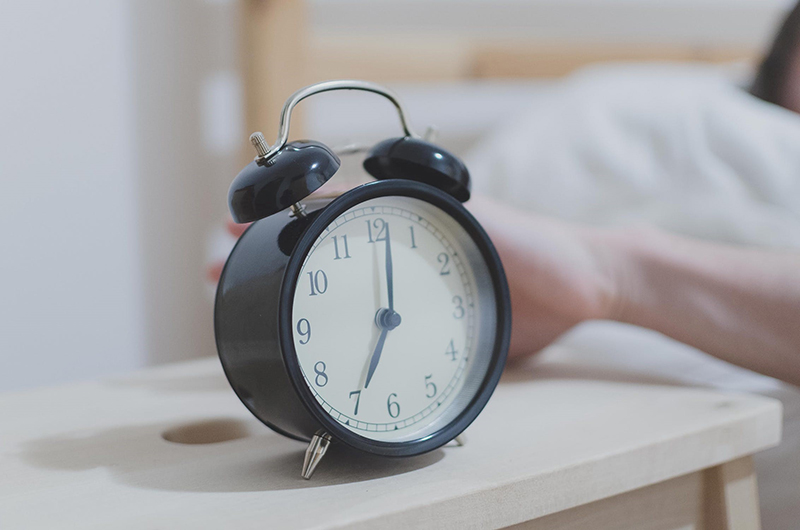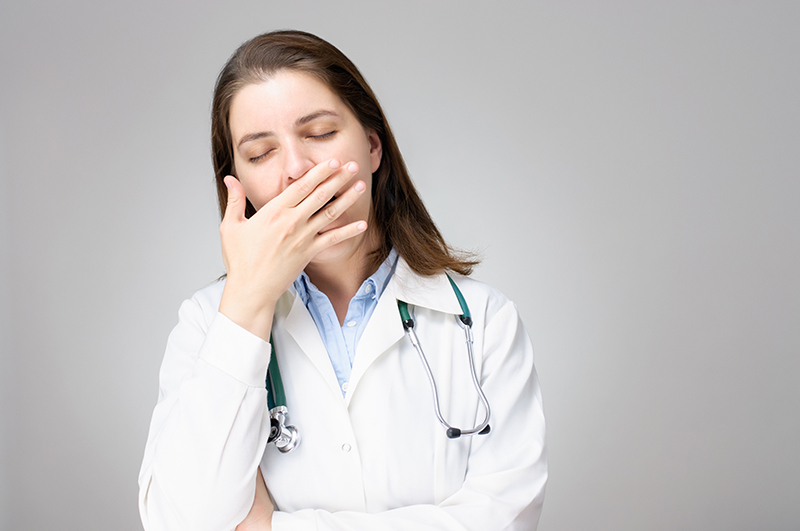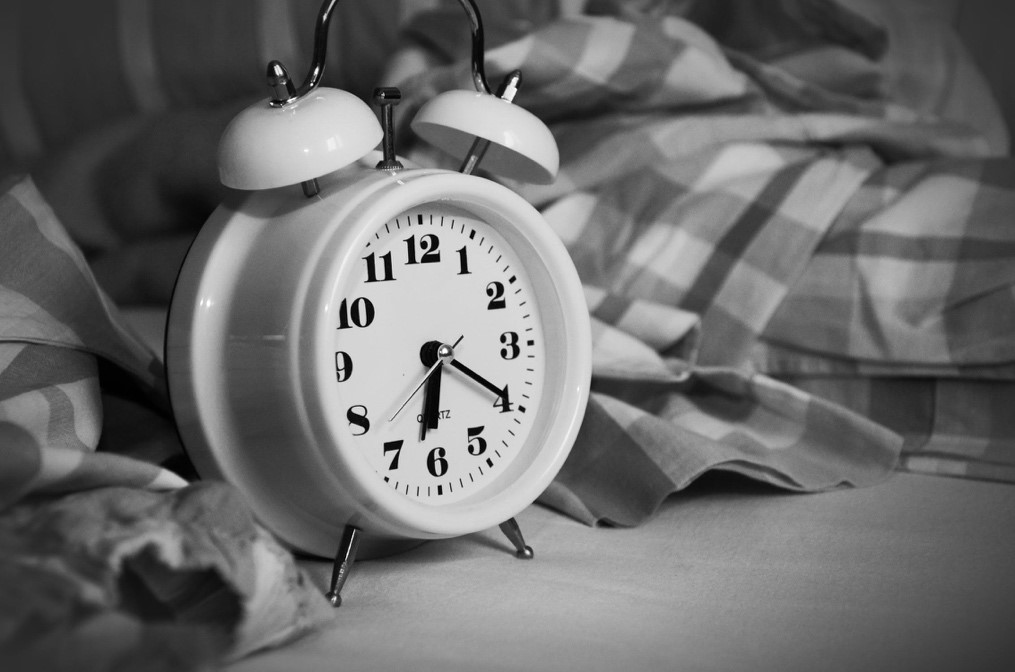Are you having problems with your own snoring or that of your bed partner? Issues with snoring can range from simply being a nuisance by disrupting sleep to indicating a serious health problem.
What is Snoring
Snoring is the hoarse or harsh sound generated during sleep by vibration of loose tissue in the upper airway and may be soft and intermittent to very loud and constant.
Causes of Snoring
Snoring may be due to one or more of a number of causes. They include but are not limited to:
• Obesity – Overweight people are more likely to snore. This may be caused by extra throat and neck tissue.
• Advanced age – the chance of snoring increases as people age. About half the people over 60 snore.
• Obstructed nasal passages – mucus from colds, allergies, or sinus infections can block airways enough to cause snoring. Nose and nasal septum deformities can obstruct passages.
• Bulky throat tissue – A large tongue, large tonsils, or large adenoids can obstruct air passages.
• A long uvula and/or a long soft palate – the opening from the nose to the throat is narrowed by a long palate. The flapping of the long uvula causes snoring during relaxed breathing.
• Excessive relaxation of the tongue or throat caused by poor muscle tone – the tongue falls backward and causes a narrowing of the air passage when it is too relaxed. Throat muscles narrow the air passage when they are too relaxed. Alcohol or medications that cause drowsiness can make normal muscle relaxation worse.
• Snoring tends to be more common in males.
Symptoms of Snoring
The noisy sounds of snoring can produce sleep disruptions resulting in:
• Fatigue during waking hours
• Headaches in the morning
• Weight gain
• Not feeling rested in the morning
• Awaking at night feeling confused
• Change in your level of attention, concentration, or memory
• Observed pauses in breathing during sleep
Snoring Vs. Sleep Apnea
Snoring and sleep apnea are often confused. Snoring is the simple reverberation of the soft palate creating noise. Sleep apnea is the partial or complete blockage of the airway lasting at least 10 seconds. Although both snoring and sleep apnea may disrupt sleep, sleep apnea is usually much more detrimental to your health causing more severe daytime sleepiness and health consequences.
Most individuals that snore do not have sleep apnea. However, almost all with sleep apnea snore. The louder the snoring, the more likely sleep apnea is present. If you think you may have sleep apnea we advise getting a sleep study to diagnose, treat and prevent the potentially serious health consequences of sleep apnea.
Treatment and Prevention of Snoring
If you have been diagnosed with only snoring and significant sleep apnea is not present, your treatment may be very simple. Some remedies include:
• Lose weight by making healthy lifestyle choices
• Do not use sleeping pills before bedtime
• Reduce or eliminate alcohol intake before bed
• Raise the head of your bed slightly
• Sleep on your side, not on your back
• Remove allergens from the bedroom
• Use a decongestant before going to bed
If you’re finding it difficult to deal with snoring or sleep apnea on your own, Jacksonville Sleep Center will find a treatment that works for you. If snoring or sleep apnea makes it hard to go about your normal daily tasks, contact Dr. Nassar and his Dream Team today at 904.854.6899.

